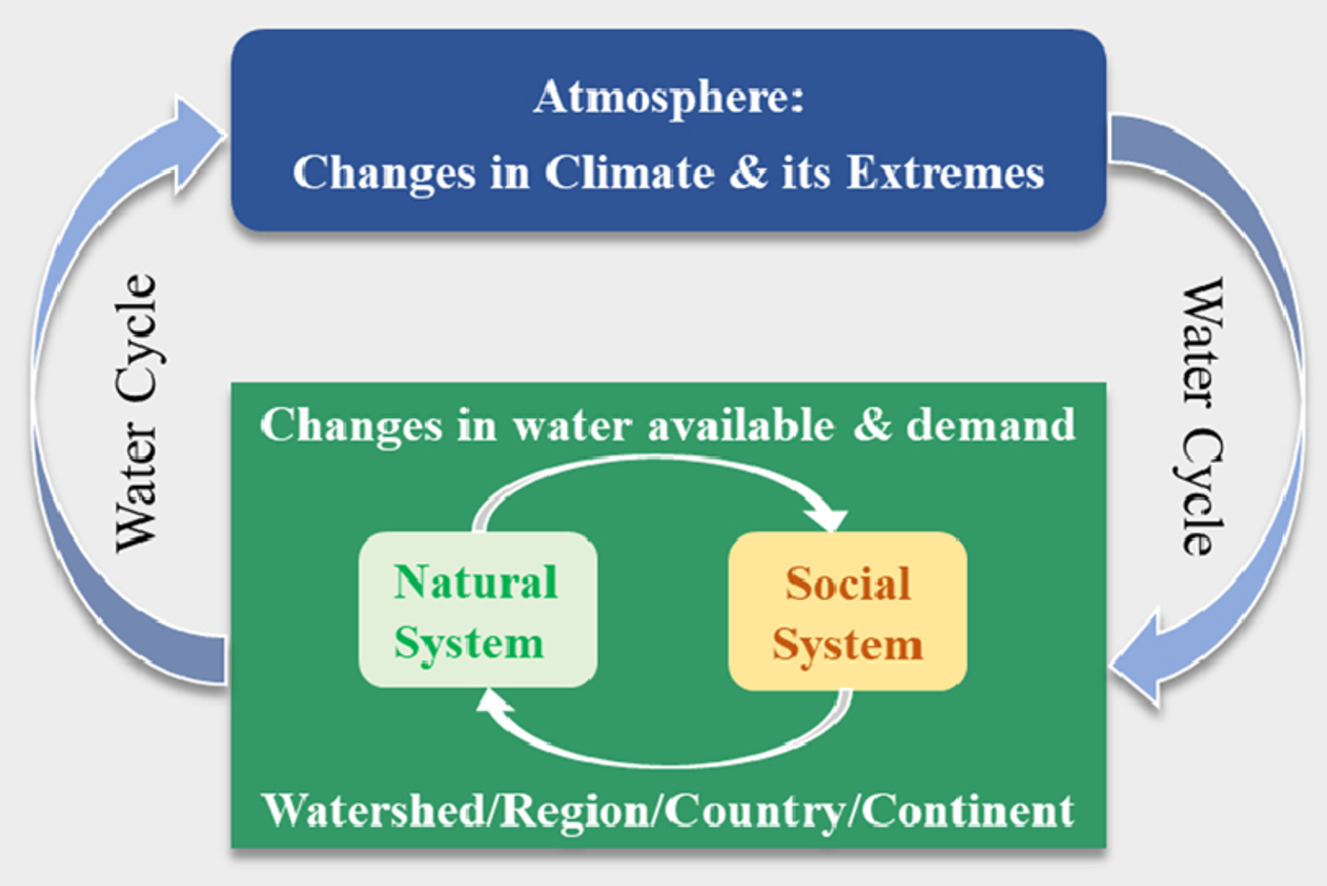Disaster Risk Reduction plays a pivotal role in the pursuit of the Sustainable Development Goals (SDGs), a set of global objectives established by the United Nations in 2015. These goals aim to end poverty, protect the planet, and ensure prosperity and peace for all by the year 2030. Within this framework, Disaster Risk Reduction, with its focus on mitigating the impacts of natural and man-made hazards, is integral to several of these goals.
Specifically, Sustainable Development Goal 11, which aims to make cities and human settlements inclusive, safe, resilient, and sustainable, includes a target (11.5) dedicated to significantly reducing deaths, the number of people affected, and the direct economic losses resulting from disasters. This target emphasizes the protection of the poor and those in vulnerable situations, who are disproportionately affected by disasters. Implementing effective Disaster Risk Reduction strategies can enhance the resilience of cities and communities against various disasters, including water-related events like floods, tsunamis, and storm surges.
Disaster Risk Reduction's influence extends beyond Sustainable Development Goal 11. It significantly impacts Sustainable Development Goal 1 (No Poverty) and Sustainable Development Goal 2 (Zero Hunger). Disasters often exacerbate poverty by destroying livelihoods and resources. By reducing vulnerability to disasters, Disaster Risk Reduction measures can prevent such setbacks, aiding in the fight against poverty. Similarly, Disaster Risk Reduction is critical for achieving Zero Hunger. Disasters can disrupt food production and distribution, leading to shortages and malnutrition. Resilient agricultural systems, as part of Disaster Risk Reduction strategies, are essential in safeguarding food security.
Sustainable Development Goal 3, which focuses on Good Health and Well-being, is also closely linked to Disaster Risk Reduction. Disasters can have a devastating impact on public health, both directly through injuries and indirectly through the spread of diseases and disruption of healthcare services. Preparing for and mitigating the impacts of disasters is a key component of maintaining and improving public health.
Furthermore, Disaster Risk Reduction plays a key role in achieving Sustainable Development Goals 14 (Life Below Water) and 15 (Life on Land). Disasters can cause significant damage to terrestrial and marine ecosystems. For example, floods and landslides can result in habitat destruction and pollution. Therefore, measures that mitigate the environmental impacts of disasters are crucial for the preservation of biodiversity and ecosystems.
Disaster Risk Reduction is also intertwined with Sustainable Development Goal 13 (Climate Action). Many disasters are exacerbated by climate change, such as the increased intensity and frequency of extreme weather events. Disaster Risk Reduction strategies contribute indirectly to climate change adaptation efforts.
Additionally, Disaster Risk Reduction contributes to Sustainable Development Goal 9 (Industry, Innovation, and Infrastructure) by promoting resilient infrastructure, and to Sustainable Development Goal 16 (Peace, Justice, and Strong Institutions) by fostering effective, accountable, and inclusive institutions at all levels, which are essential for disaster risk management.
Disaster Risk Reduction is not an isolated concept but is deeply integrated into the broader framework of sustainable development. Its effective implementation is vital for building societies that are resilient to disasters, ensuring progress towards all Sustainable Development Goals. The interconnectedness of Disaster Risk Reduction with multiple goals underscores the necessity of a holistic, multi-sectoral approach to disaster risk management. This approach highlights the importance of collaboration among governments, international organizations, civil society, and the private sector in achieving these objectives.
The purpose of the present paper is to disentangle the mechanisms that connect climate change-induced disasters, inequality and vulnerability by accounting for both directions of causality. We do so by means of a simultaneous equations approach on a panel of 149 countries from 1992 to 2018. The empirical analysis reveals that countries with higher levels of income inequality suffer greater damages when hit by a natural disaster. At the same time, inequality is found to increase the number of people affected by disasters.
Disaster Resilience and Sustainability, Adaptation for Sustainable Development, 2021, Pages 1-20
Disaster Resilience and Sustainability, Adaptation for Sustainable Development, 2021, Pages 1-20
Water is the fundamental natural resource that supports life, ecosystems and human society. Thus studying the water cycle is important for sustainable development. In the context of global climate change, a better understanding of the water cycle is needed. This study summarises current research and highlights future directions of water science from four perspectives: (i) the water cycle; (ii) hydrologic processes; (iii) coupled natural-social water systems; and (iv) integrated watershed management.

